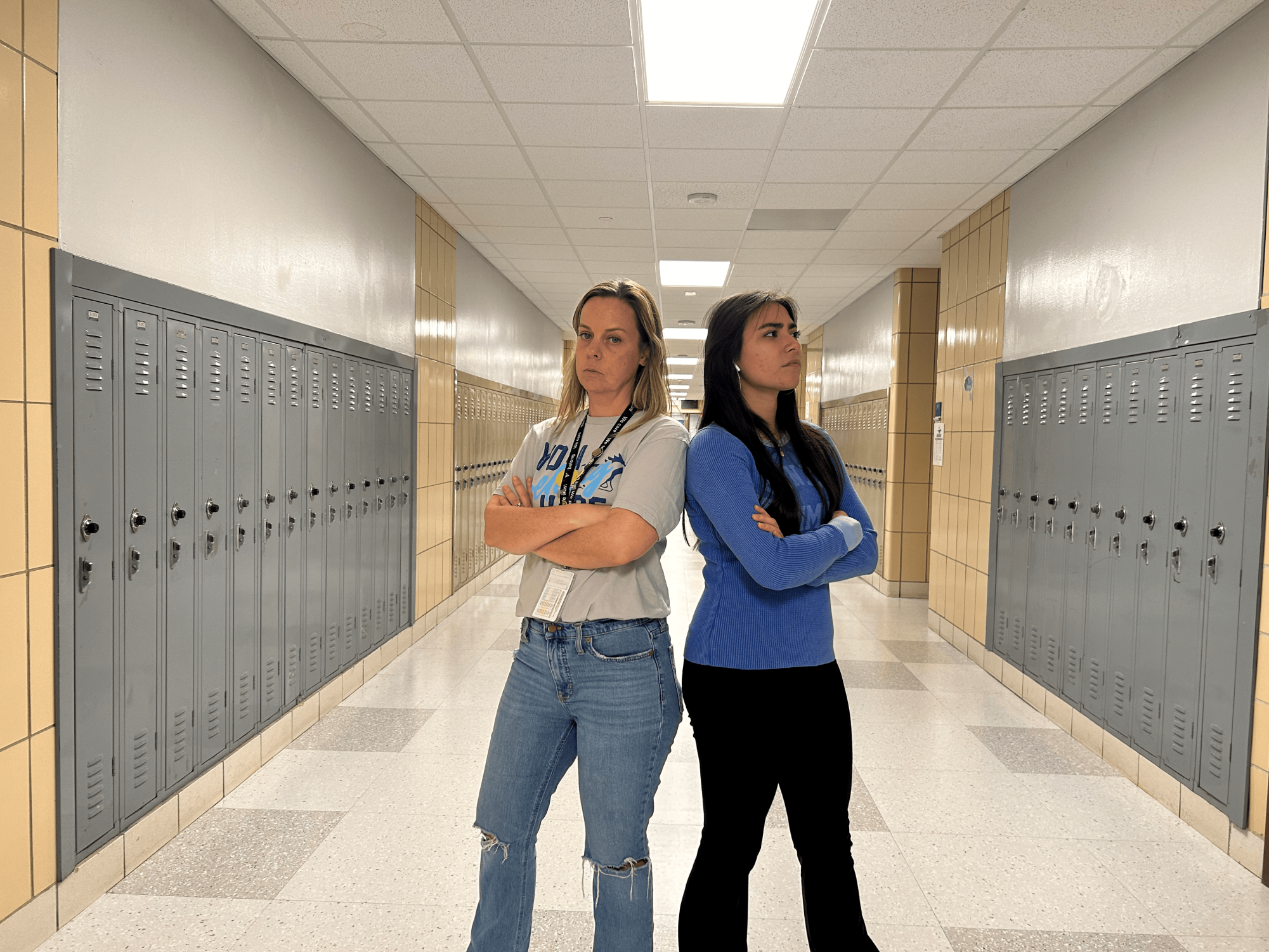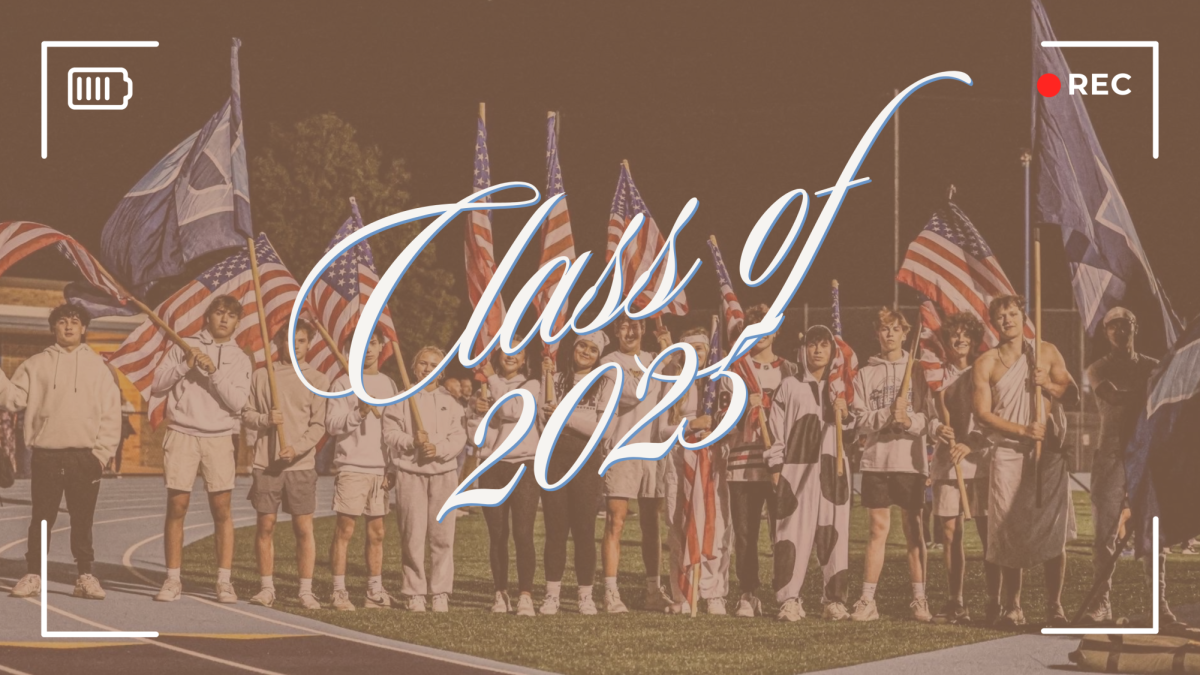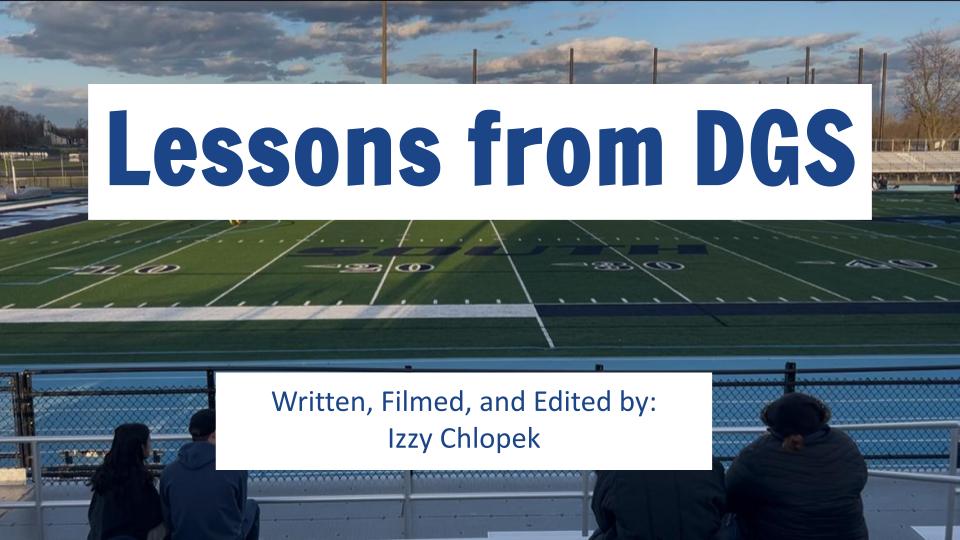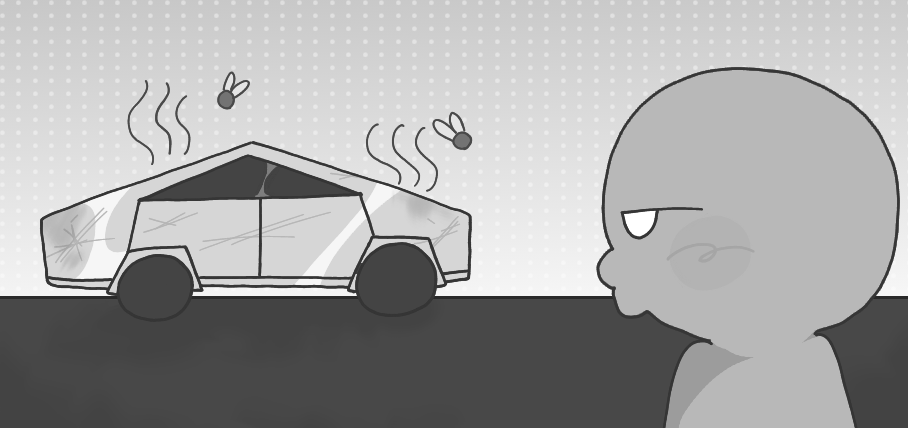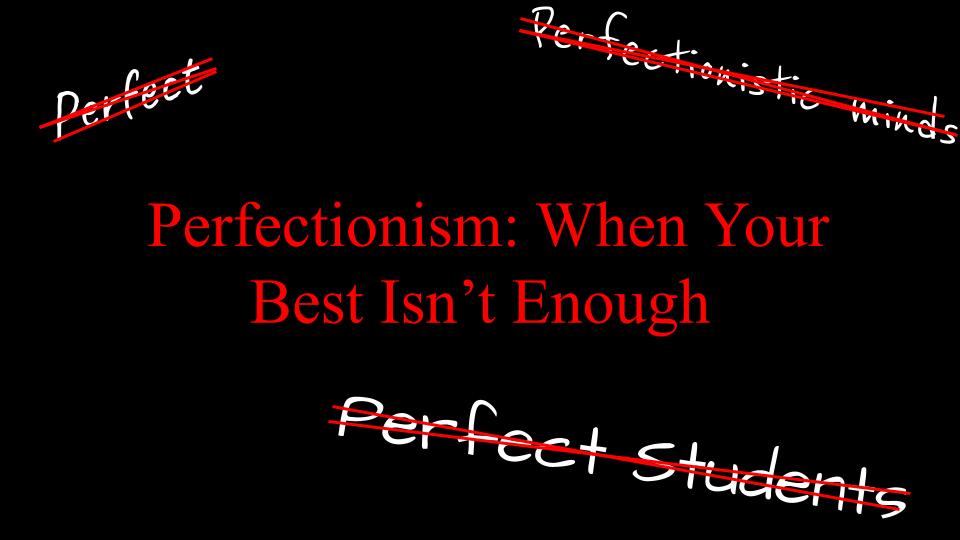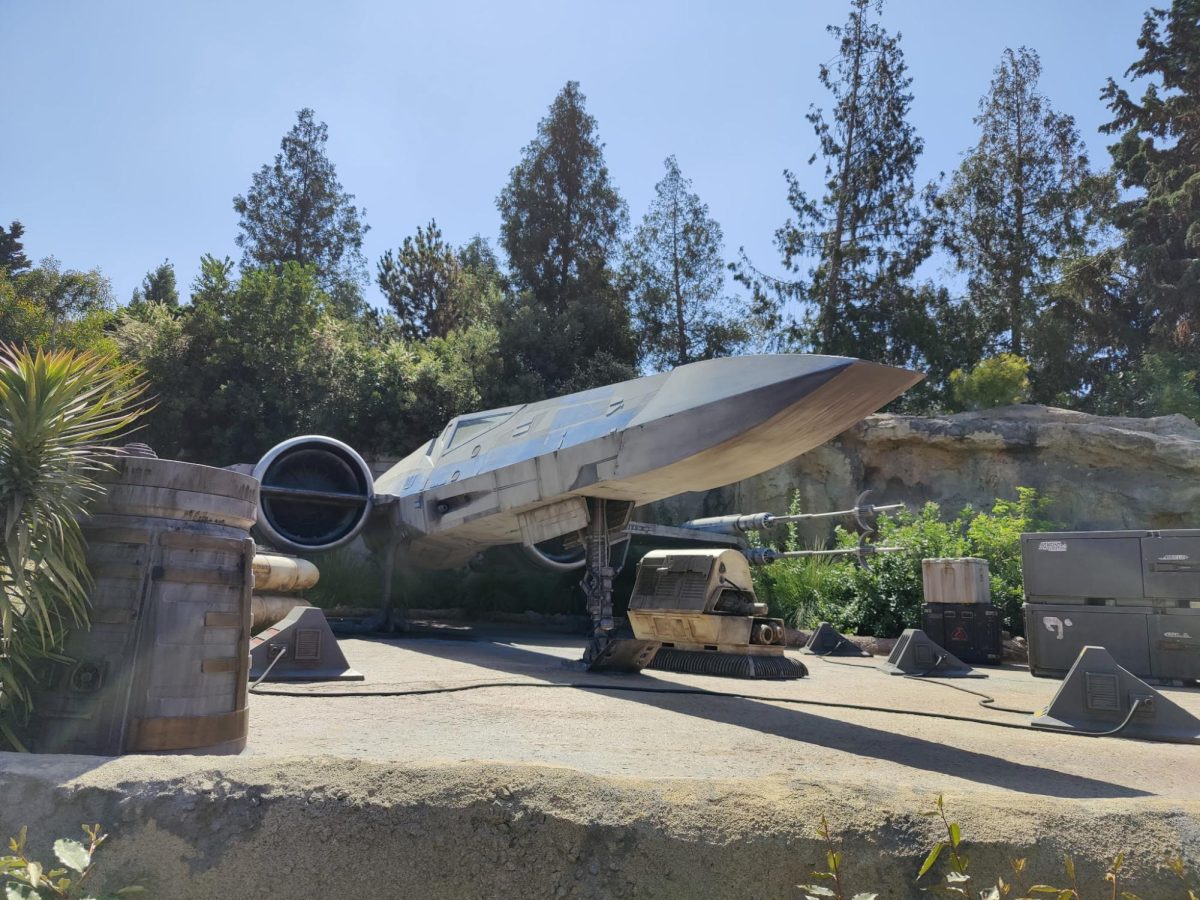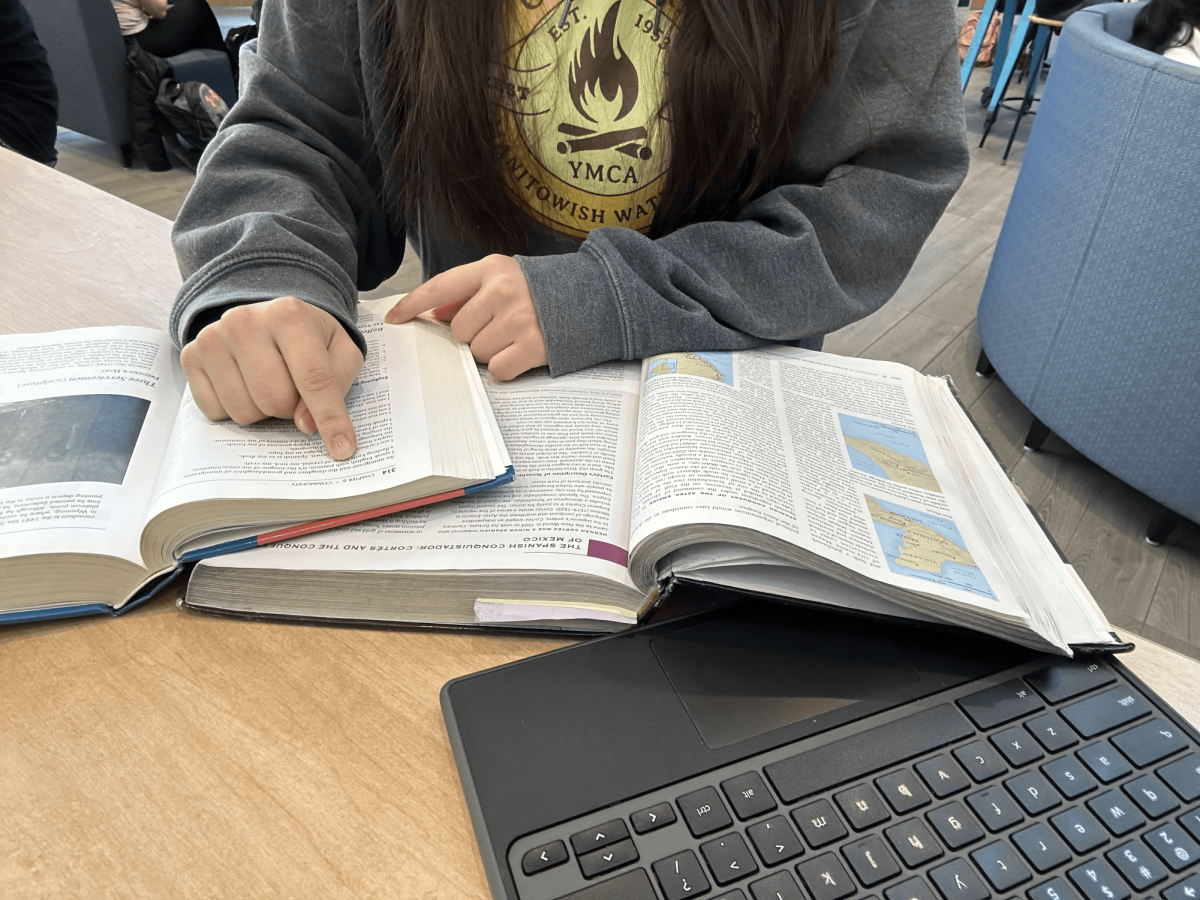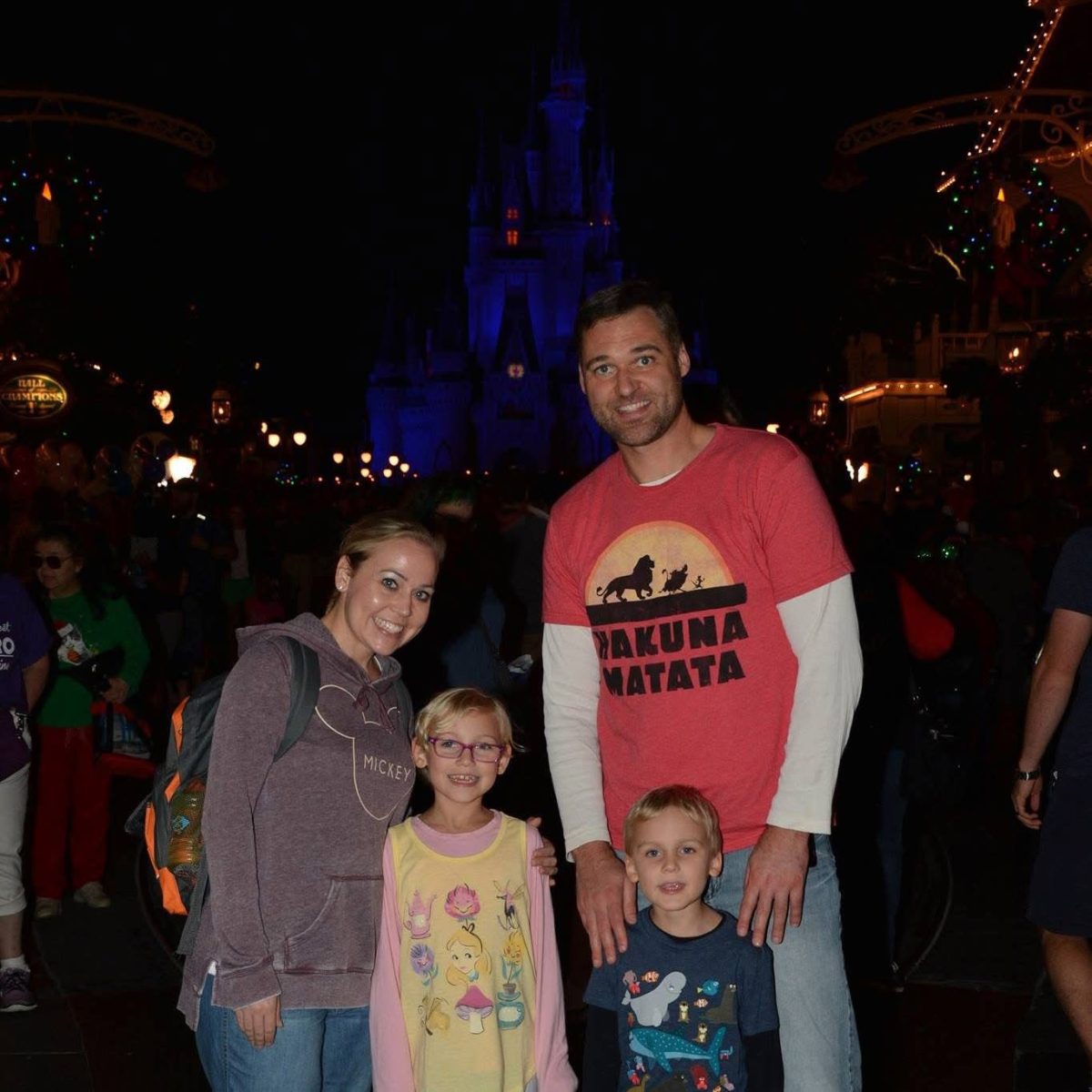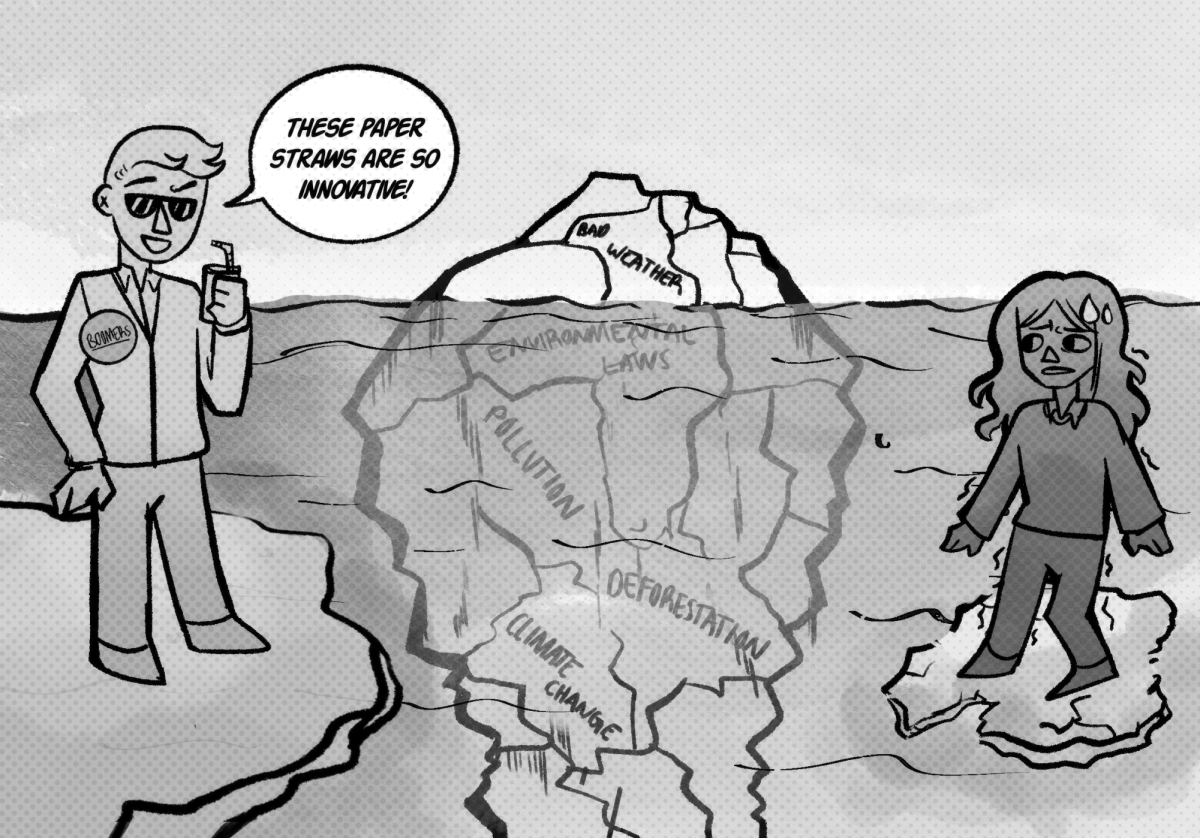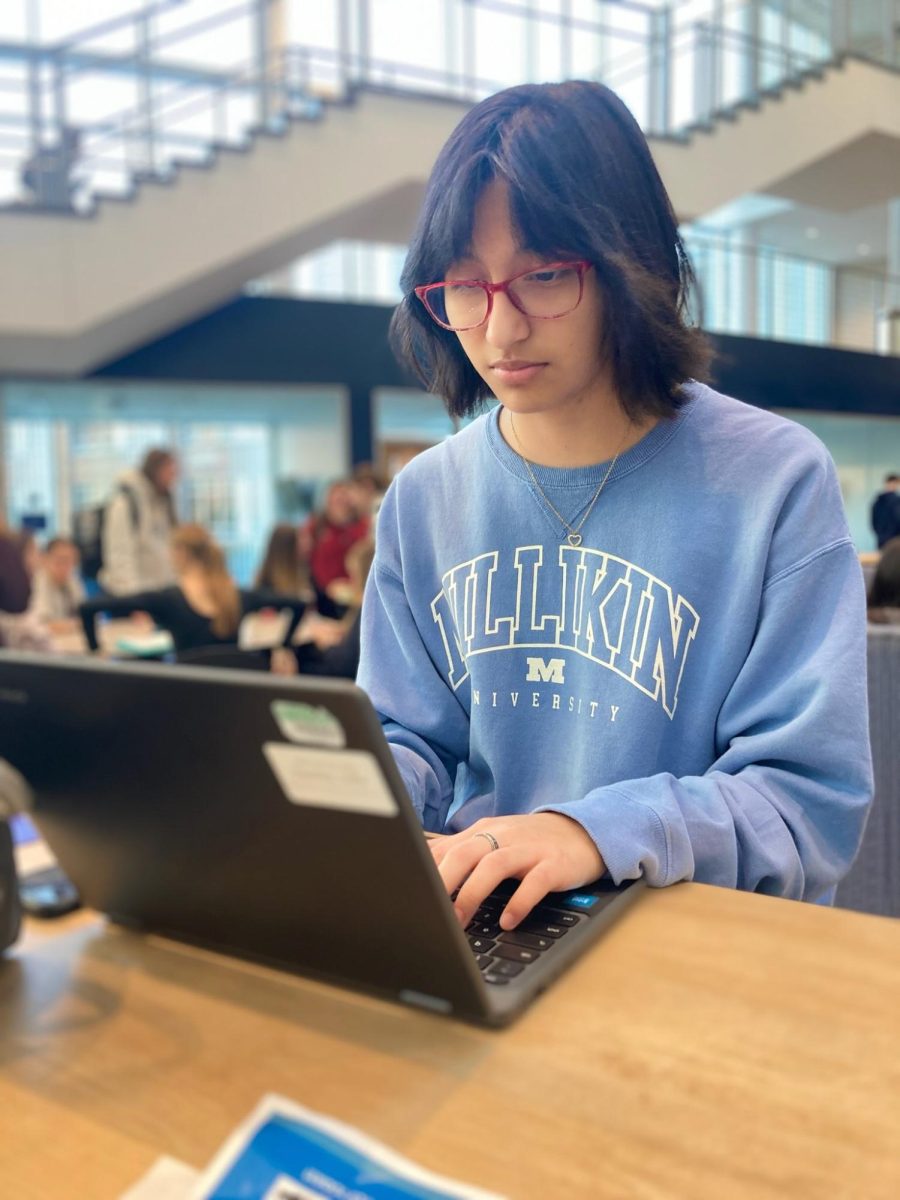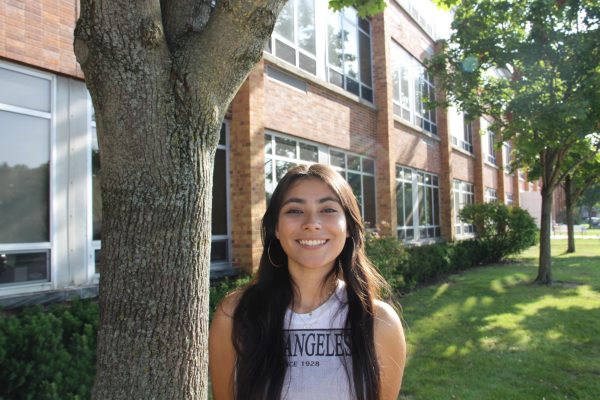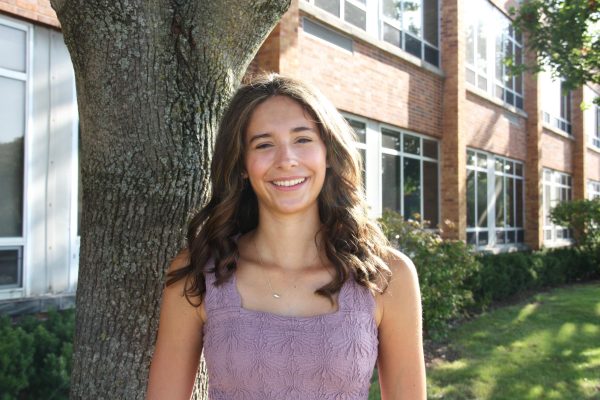Older and younger generations have started to become intolerant of each other. Some examples include different generations picking fights with each other on the internet or gen-z poking fun at older trends and styles. However, while seen as something silly to joke about, this bickering comes from a place of resentment and blame.
But why does this bickering always seem to come from a place of hostility? Both sides’ frustration builds from finding it difficult to understand one another. It’s no secret that the awareness of mental health is bigger than ever, but with that comes awareness of its factors like society, mental illness or even family.
A phrase that has become ever more popular along with the rise of mental health is “generational trauma”. Generational trauma refers to the trauma experienced by an individual or group that their descendants later inherit through the actions of the older generation. This topic has been recently explored with movies such as “Encanto” and “Turning Red”.
Endless people have told their stories about generational trauma and how it’s passed down. Some detail about abuse, learned behaviors or cultural factors that play a role in how they were affected. The cause of this
trauma comes from older generations not being able to properly process trauma and passing down emotional and psychological scars.
However, some members of the older generations have deemed mental health and generational trauma as something made up. The argument often made is that newer Generations don’t have significant problems, so they have to “make up” a problem. The “problem” is poor mental health or mental illness, while it’s not a visible issue it’s also not made-up, it’s an invisible struggle.
The idea of mental health being “made-up” is tied to the stigma still surrounding mental health even as awareness has become more widespread.
Typically when older generations experience trauma, often physical, they develop coping strategies in order to manage the unpleasant experience, even if it’s detrimental to their mental health. This has led to older generations worrying more about their physical health rather than their mental health.
Physical health is also something that’s observable. For example, when someone scrapes their knee, the scar that develops is obvious, it’s clear that individual has been hurt. On the contrary, mental health isn’t visible because it stays in someone’s mind and isn’t tangible, you can’t see if someone is hurt mentally. Not understanding mental health is where the disconnect between generations is truly explicit.

The combination of not being able to worry about their mental health, and the stigma surrounding it is why older generations tend to call younger ones “sensitive” for not being able to deal with intense struggles. Younger generations tend to have a better understanding of mental health; it’s more widely spoken about and people are given resources when they’re struggling. Older generations didn’t receive these resources because of the stigma constantly surrounding mental health, having a mental illness was not understood like it is today.
This builds resentment on both sides.
Older generations dislike that younger generations can’t “tough it out” when dealing with mental trauma. Many older generations never learned how to take care of their mental health and as a result, don’t understand it as well. On the other hand, younger generations tend to resent older generations for not being able to understand the struggles surrounding mental illness.
This is why conversations between generations tend to end in bickering.
It’s difficult to understand each other’s struggles while also remaining vulnerable enough to talk about past or present emotional scars. So instead of blaming someone for not being able to understand your viewpoint, attempt to understand someone else’s point of view. It’s the first step in reconnecting the broken bridges between generations.



